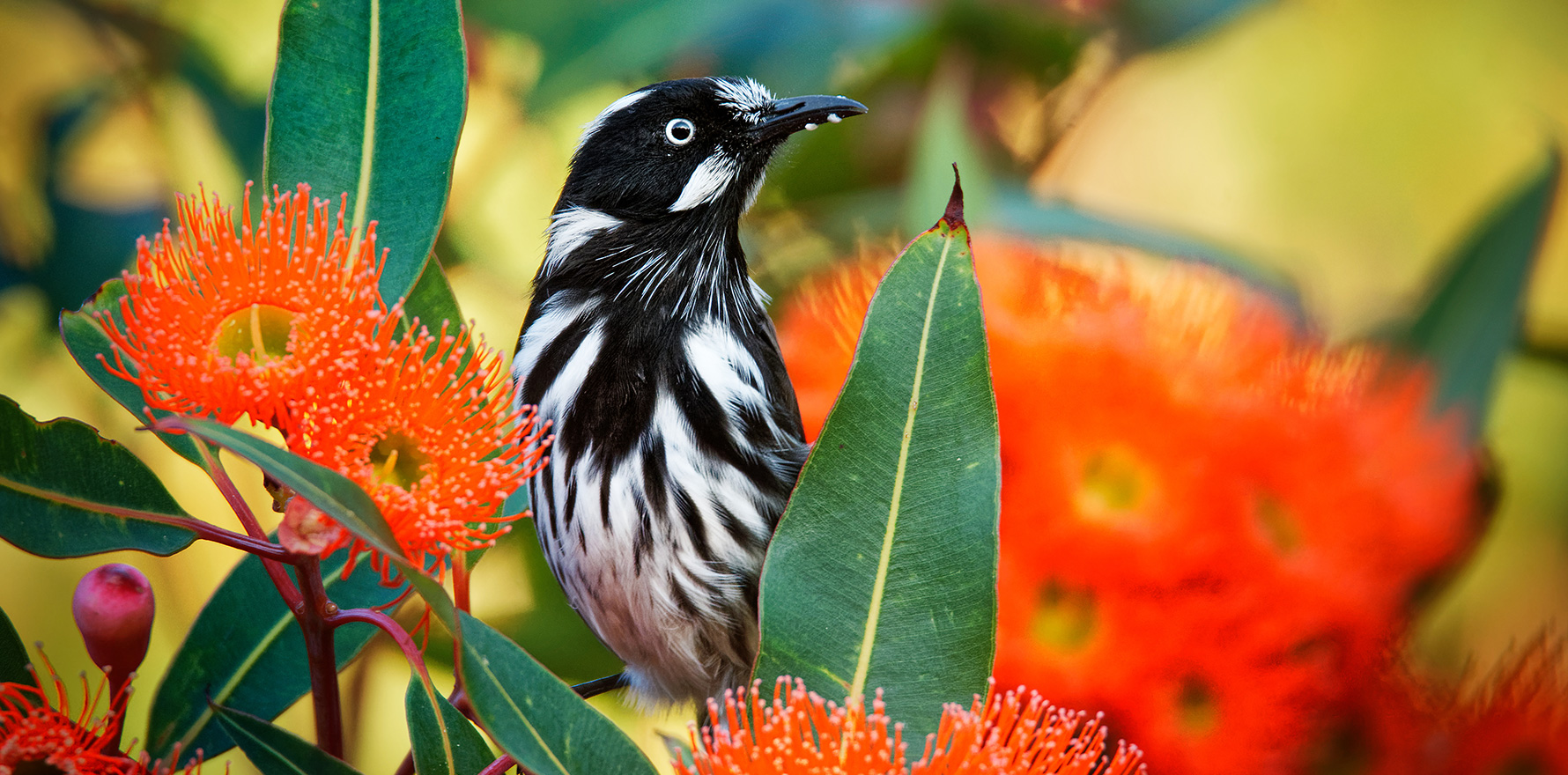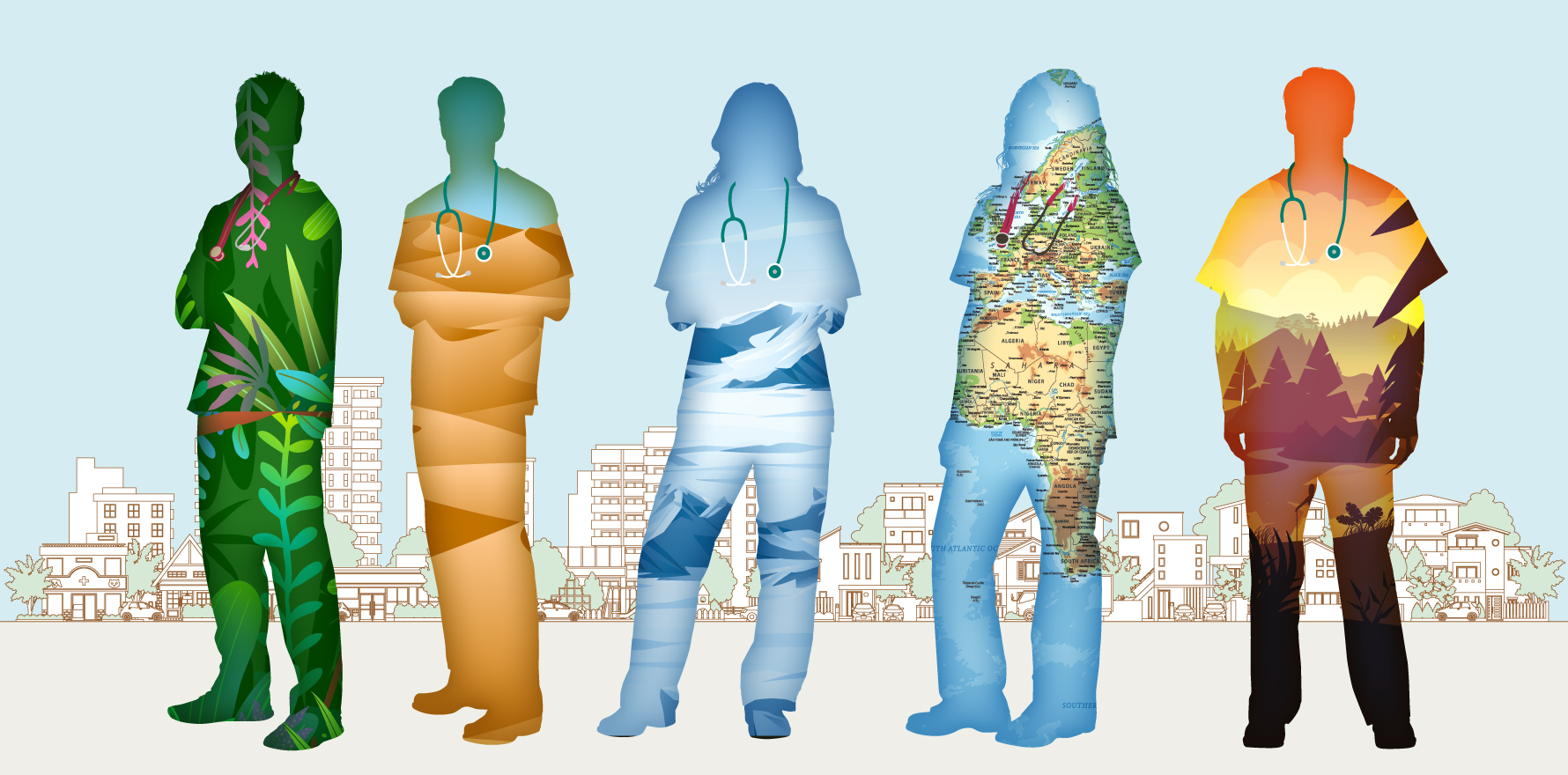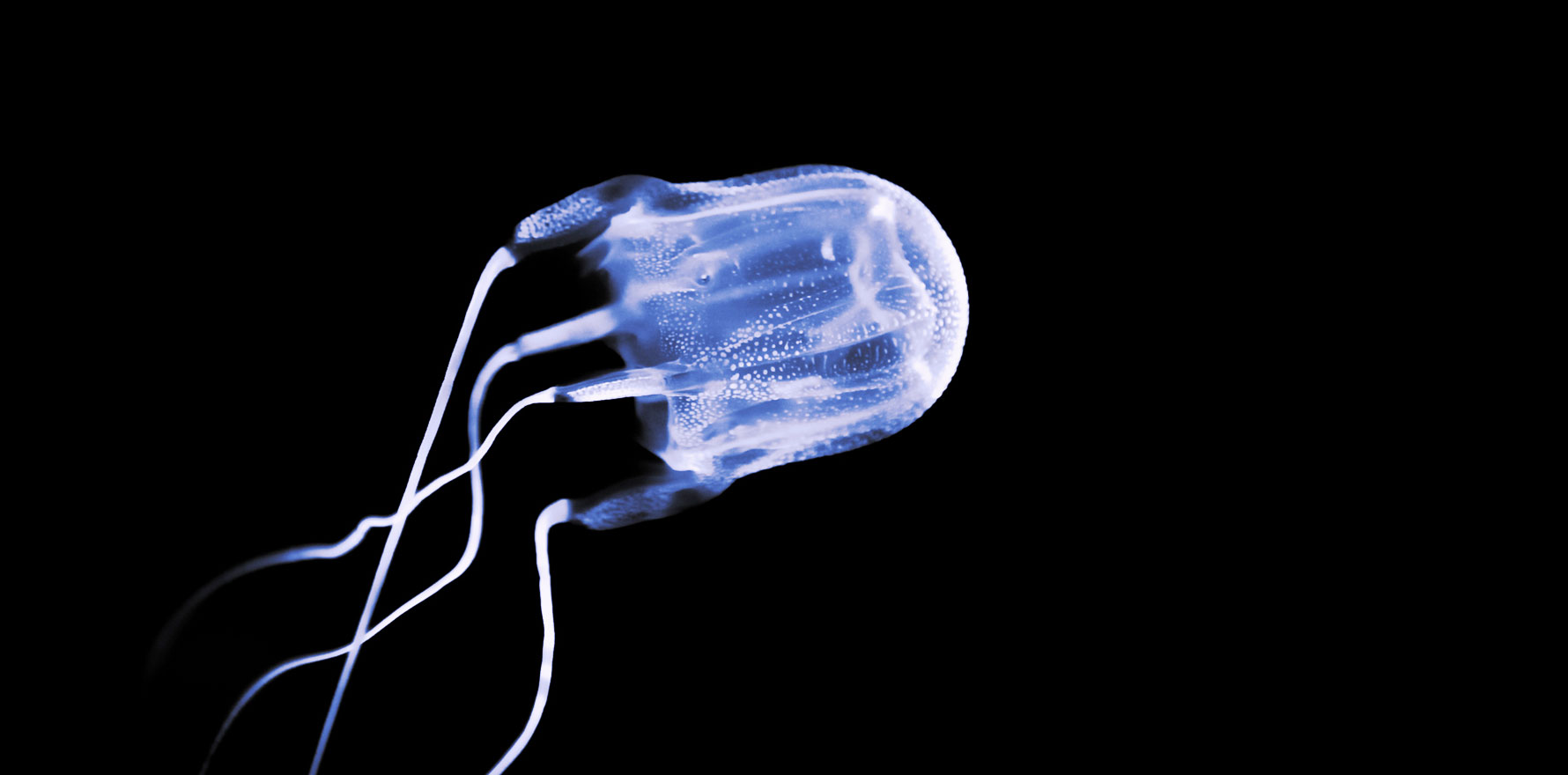They’re not just cute to watch; they’re crucial to our ecology and influence our health in many ways.
They say that bird watching creeps up on you. You spend your entire life never really noticing birds and then one day you wake up and say, “Damn, is that a white-browed tit warbler?”
I fit this to a tee – I simply woke up one day obsessed with birds and, in the best way possible, my life has never been the same since.
I am far from alone. Bird lovers, both domestic and international, pump billions of dollars into the Australian tourism industry each year. I have several future trips planned around the search for certain species (including the palm cockatoo, golden-shouldered parrot and all of the Australian robins).
Like all forms of nature, birds have an intrinsic value that is independent of any utilitarian value. We should protect them because they are special and beautiful and make our existence on this planet that much more extraordinary. However, birds are also critically important for human health and so their loss will quickly become ours, too.
Birds are important pollinators. In fact, 15-30% of all flowering plant species on Earth are pollinated by birds. Bird pollination contributes to productive agriculture, enables plant reproduction and biodiversity, and ultimately supports the health and stability of ecosystems. There are over 100 species of Australian birds that pollinate some 250 species of native plants.
Birds provide important pest control services that support agricultural production via the potential decreased need for pesticides, reduced herbivory on crops, outbreak suppression, and increased yield. This service is critically important in lower socioeconomic conditions. They are also nature’s clean-up crew. The collapse of Asia’s vulture population led to more than 500,000 additional deaths between 2000 and 2005. This was due to a surge in the wild dog population in India, which spread rabies, as well as reductions in water quality.
Related
Unsurprisingly, birds are associated with numerous psychological benefits, with bird-related recreation enhancing self-reported wellbeing, psychological restoration, self-reported stress recovery and feelings of relaxation, as well as lowering levels of depression, anxiety and stress.
Bird watching can also open the doors to greater social connectedness, with bird watching groups around the world serving as valuable sources of community.
Birds further influence health indirectly, from their contributions to culture, recreation, and spirituality. There are numerous examples of the profound connections between Aboriginal cultural beliefs and various bird species. To the Warlpiri people of the Tanami Desert in central Australia, the bush stone curlew is a central ancestral being in their spiritual belief system. To the Taungurung people of Victoria, the eaglehawk is a creator deity, culture hero and ancestral being.
Birds have long been integral to medical research. They have served as important research models for centuries where they have, among other things, facilitated the discovery of oncogenes and enabled studies on tumour-induced angiogenesis and metastasis and the efficient screening of potential anti-cancer compounds.
In highly interesting research, pigeons have been found to be well suited to help us better understand human medical image perception, with possible utility in performance assessment and the development of medical imaging hardware, image processing, and image analysis tools.
More recently, researchers from UQ’s Institute for Molecular Bioscience have used quail eggs to understand how cells begin to form tissues such as the heart, brain and spinal cord, offering key insights into congenital birth defects.
A landmark ecological study in the US found that having a greater variety of bird species in an area was correlated with longer life expectancy, even after accounting for other health factors. A greater number of bird species was associated with lower mortality rates, and the impact was strong enough to be noticeable in deaths caused by major health issues like heart disease, cancer and chronic lung conditions.
A large-scale European study found that the richness of bird species was positively associated with life satisfaction across Europe. Two possible pathways were suggested to account for this: the effect of the sensory experience of birds and experiencing landscapes with features that promote both bird species richness and human wellbeing. The former is unsurprising – birds are delightful, sing wonderful songs, and behave in interesting and often hilarious ways. Stress reduction and attention restoration were two suggested mediators for these findings.
Although the relationships established in these two studies are correlative rather than causative, the relationship between biodiversity and human health is clear, and so there are plausible mechanisms for these associations to be meaningful.
Life exists on this planet in a delicate balancing act – remove one crucial card from the house, and everything collapses. This idea lies at the heart of One Health – the fundamental interconnectedness of humans, animals and plants and the ecosystems in which they coexist.
Tragically, since colonisation, 29 species have become extinct in Australia and over 200 species are threatened with extinction. Recently published research on bird conservation in Australia discussed numerous failures but also various successes, underscoring the notion that conservation crises in this country are failures of policy rather than a lack of knowledge or solutions.
The loss of birds is clearly not just a loss of their brilliance, but a significant loss to human health. And beyond their ecological and health contributions, birds hold a deep personal significance to many. When people ask me why I so love birds, I struggle to give an answer – how can you articulate why something feels so special to you? But I can say this: bird watching allows me to connect with nature in a profound way, offering me a deeper way of experiencing the world.
Now if you’ll excuse me, the birds are calling and I must fly!
Dr Brooke Ah Shay is a rural generalist working in Yarrabah, far north Queensland, and a senior lecturer at James Cook University.





